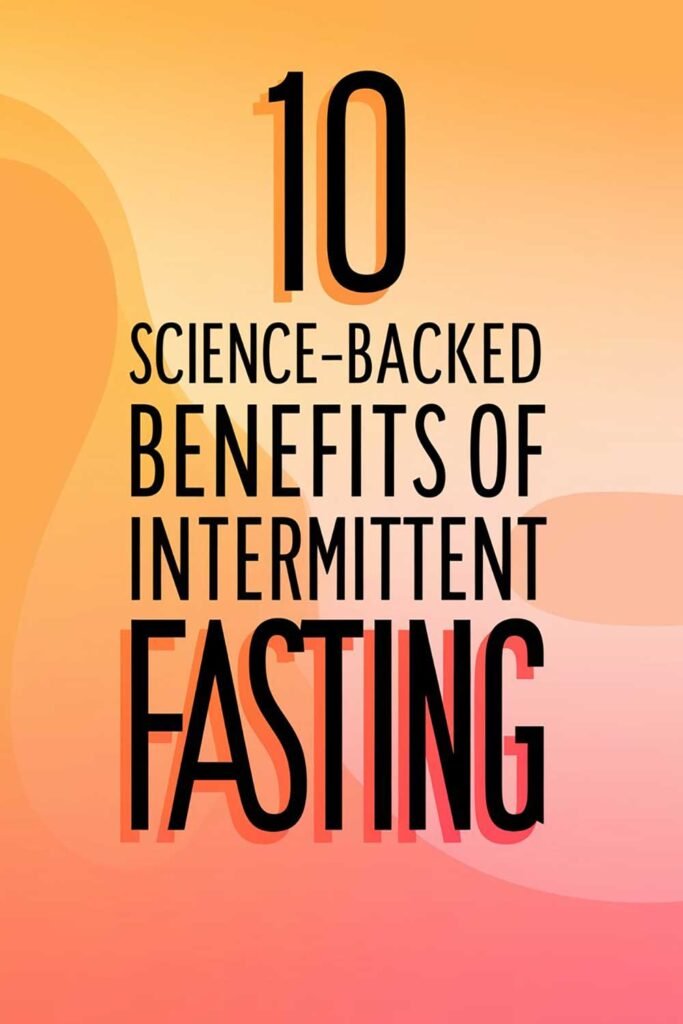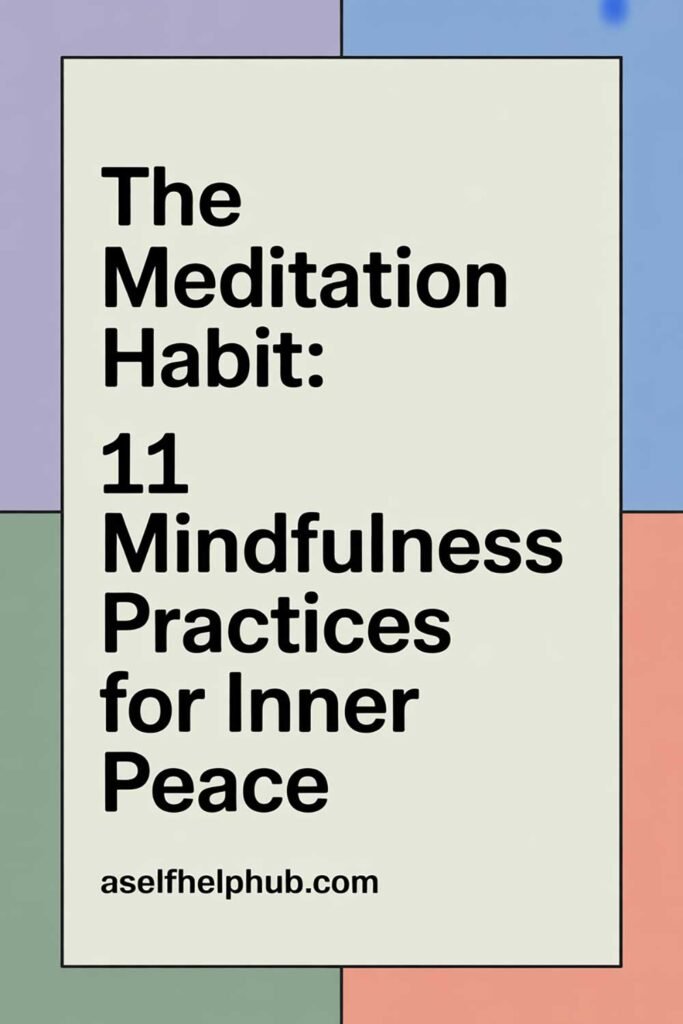8 Simple Strategies for Keeping Your Bones Strong
Strong bones are the foundation of a healthy, active life. From the way you walk and run to how you lift, bend, and even sleep, your skeletal system supports every part of your day. But as we age, our bones naturally lose density, increasing the risk of fractures, breaks, and conditions like osteoporosis.

The good news? It’s never too early—or too late—to start taking care of your bones. These 8 simple strategies will help you maintain bone strength at any age, improve your mobility, and keep you living life to the fullest.
1. Get Enough Calcium Every Day
Calcium is the most important mineral for bone strength. Adults generally need 1,000 to 1,200 mg of calcium daily.
Real-Life Example:
Lydia, 52, was diagnosed with osteopenia. After adjusting her diet to include calcium-rich foods like yogurt, leafy greens, and fortified orange juice, her bone density improved noticeably over two years.
Action Tip:
Incorporate calcium-rich foods into every meal or talk to your doctor about supplementation.
2. Don’t Forget Vitamin D
Vitamin D helps your body absorb calcium and plays a vital role in bone health. Without it, your calcium intake won’t be nearly as effective.
Real-Life Example:
Mark, a retiree who rarely went outside, discovered he had low vitamin D levels. After taking a daily supplement and getting more sunlight, he felt less joint pain and fatigue.
Action Tip:
Get 10–30 minutes of sun exposure several times a week, eat vitamin D-rich foods (like fatty fish), or take a supplement as recommended.
3. Engage in Weight-Bearing Exercise
Activities like walking, dancing, hiking, and strength training put healthy stress on your bones, encouraging them to stay strong.
Real-Life Example:
Nina, 60, began walking for 30 minutes daily and added resistance band workouts. Her next bone scan showed no further loss, and she reported feeling stronger overall.
Action Tip:
Incorporate at least 3 days a week of weight-bearing or resistance exercise.
4. Avoid Smoking and Limit Alcohol
Smoking and excessive alcohol consumption reduce bone mass and interfere with calcium absorption.
Real-Life Example:
After quitting smoking at 45, Richard also cut back on drinking and added more calcium to his diet. His follow-up bone density scans were significantly better.
Action Tip:
Quit smoking, limit alcohol to 1–2 drinks per day, and replace these habits with healthier routines.
5. Maintain a Healthy Body Weight
Being underweight increases the risk of bone loss and fractures, while being overweight can put excess pressure on joints.
Real-Life Example:
Rachel, a former yo-yo dieter, worked with a nutritionist to stabilize her weight. By maintaining a healthy BMI, she strengthened her bones and gained energy.
Action Tip:
Focus on balanced nutrition, consistent meals, and strength-focused exercise to support healthy weight and bone health.
6. Add More Protein to Your Diet
Protein makes up roughly 50% of bone volume and is essential for maintaining bone structure.
Real-Life Example:
Tom added a protein shake to his daily breakfast routine. With this boost and strength training, he saw improved mobility and strength.
Action Tip:
Aim for 0.8 to 1.2 grams of protein per kilogram of body weight per day from lean meats, dairy, beans, and legumes.
7. Stay Active With Balance and Flexibility Exercises
Balance-focused exercises like tai chi, yoga, or Pilates improve posture and reduce fall risk.
Real-Life Example:
After a fall in her 70s, Gloria started a beginner yoga class. Her posture improved, and she hasn’t had a fall since.
Action Tip:
Incorporate stretching and balance exercises 2–3 times a week.
8. Get Regular Bone Density Tests
A DEXA scan can assess your bone health and help you make informed decisions to prevent or treat bone loss.
Real-Life Example:
David, 55, got a baseline DEXA scan at his doctor’s recommendation. It revealed early-stage bone thinning, which he addressed immediately with lifestyle changes.
Action Tip:
Talk to your healthcare provider about when to begin regular bone scans, especially if you’re over 50 or have risk factors.
🌟 20 Quotes About Bone and Body Health
- “Take care of your body. It’s the only place you have to live.” – Jim Rohn
- “Your bones are your body’s support system—keep them strong.” – Unknown
- “Strong bones, strong body, strong life.” – Unknown
- “Health is the first wealth.” – Ralph Waldo Emerson
- “Exercise not only builds muscle but also protects bones.” – Unknown
- “Aging is natural, but bone loss doesn’t have to be.” – Unknown
- “Invest in your bones today, thank yourself tomorrow.” – Unknown
- “Movement is medicine.” – Unknown
- “An ounce of prevention is worth a pound of cure.” – Benjamin Franklin
- “You’re only as old as your bones feel.” – Unknown
- “Nourish your body with care, your bones will carry you far.” – Unknown
- “You can’t build a strong life on a weak foundation.” – Unknown
- “Stay upright—protect your skeleton.” – Unknown
- “Healthy habits build healthy bones.” – Unknown
- “Bone health is lifelong wealth.” – Unknown
- “What you do today determines how you move tomorrow.” – Unknown
- “Eat strong, stay strong.” – Unknown
- “Flexibility and balance today prevent fractures tomorrow.” – Unknown
- “Every step you take strengthens your frame.” – Unknown
- “Your spine is your life line—support it.” – Unknown
💭 Picture This
Imagine walking through your favorite park in your 70s or 80s, standing tall, breathing deeply, and feeling strong from the inside out. You’re not worried about slips or fractures. Your bones are resilient. You have the strength to carry groceries, travel, garden, or play with your grandkids.
You made simple choices—adding greens to your plate, stepping into the sunlight, lacing up your walking shoes—that made a lifetime of difference.
So, what will you do today to build the strength you want for tomorrow?
📬 Share This Article
If you found this article helpful or inspiring, please share it with friends and loved ones. Everyone deserves to know how to keep their bones strong and stay active for life.
⚠️ Disclaimer
This article is for informational purposes only and is based on personal experiences and general best practices. It is not intended to replace professional medical advice. Always consult your doctor or a licensed health provider before making changes to your health regimen.






